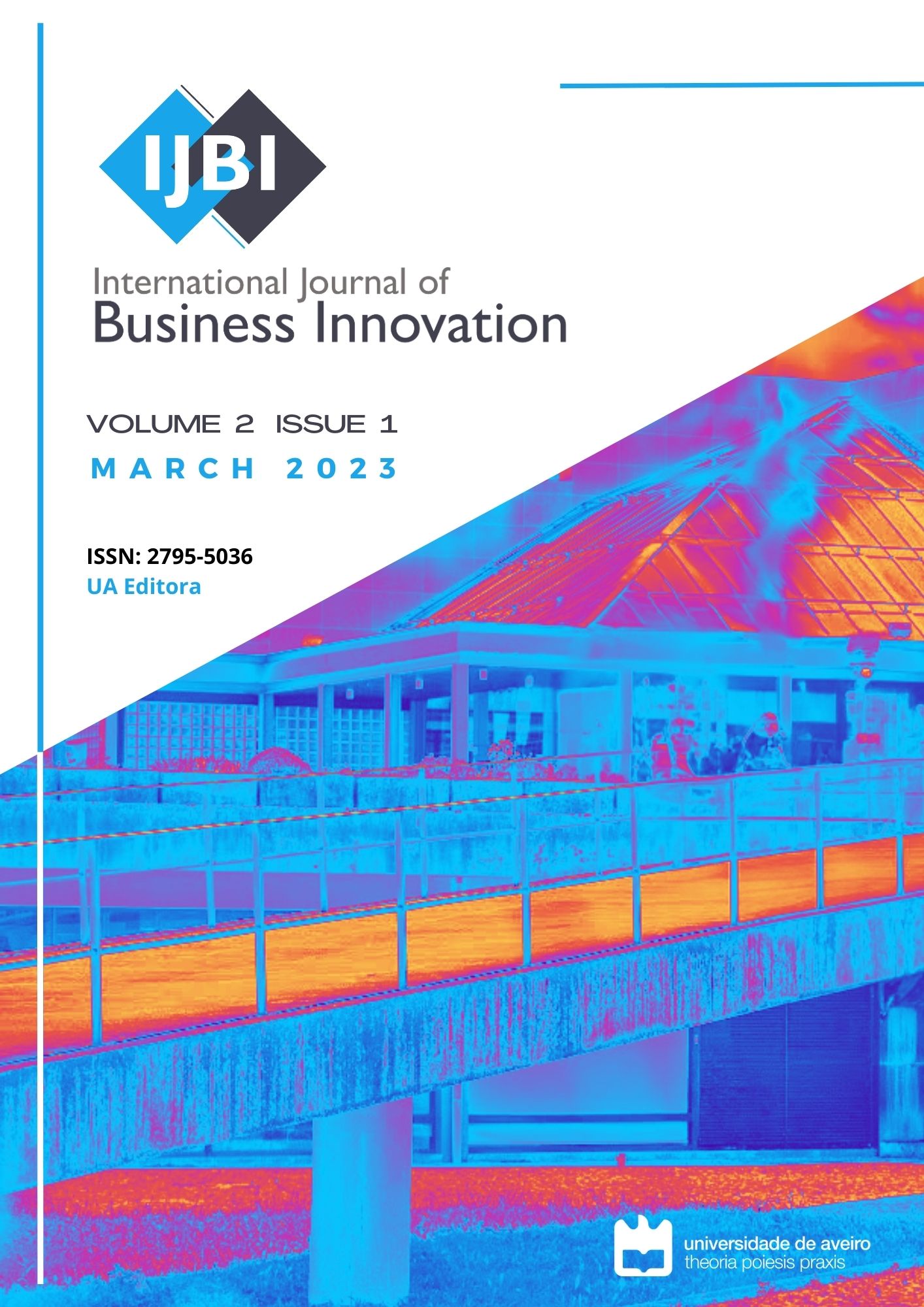Environmental Education and the Integral Development of Human Potential
DOI:
https://doi.org/10.34624/ijbi.v2i1.30273Keywords:
environmental education, integral development, human potentialAbstract
This article is based on the inductive method, starting from the readers' experiences to later establish this relationship with the structures represented by institutions and social behaviors and, finally, return to the challenge of acting individually and socially in the spaces in which it operates, in applied practice of this knowledge. Therefore, the concepts of being social are presented and important issues are discussed, such as: gender, respect and tolerance; socio-educational issues such as gender identity and anti-racist practices articulated with environmental education and citizenship and establish connections between macro and micro dimensions, for integral development and the human being, not as the center of the environment, but as an integral part of our habitat. It is intended to be provocative and move your willingness to insert yourself as a socio-environmental subject of transformation, especially in the school space, and that, from there, you expand with a change of behavior that is always open, acquiring and applying new knowledge.
References
Downloads
Published
Issue
Section
License
When submitting an article to the IJBI, authors certify the following clauses:
-
Originality and single submission– The contents presented in the article have not been published previously in whole or in part, and were not submitted or are not under active consideration elsewhere prior IJBI decision. The article must be authentic and does not contain plagiarism.
-
Authorship– All authors reviewed the article, agreed with its content, and agreed to its submission to the IJBI.
-
Conflicts of interest– Any conflict of interests must be declared. If authors have no declaration, it should be written (in the acknowledgments section): “The authors declare no conflict of interests”.
-
Ethics committee and informed consent(if applicable) – The research must be approved by an independent ethics committee and subjects gave their informed consent before they were enrolled in the study.
- Authors retain copyright and grant the journal the right of first publication with the work simultaneously licensed under a Creative Commons CC BY 4.0.



